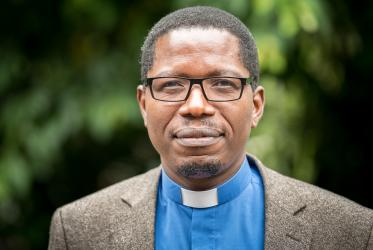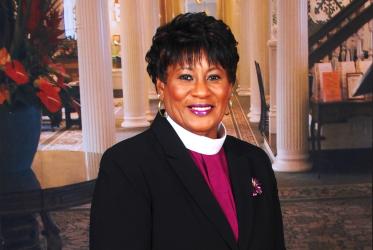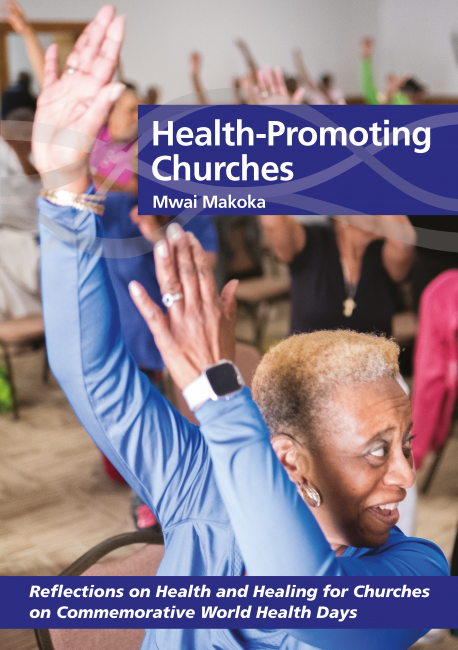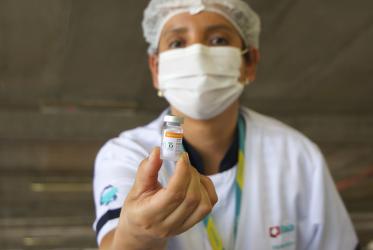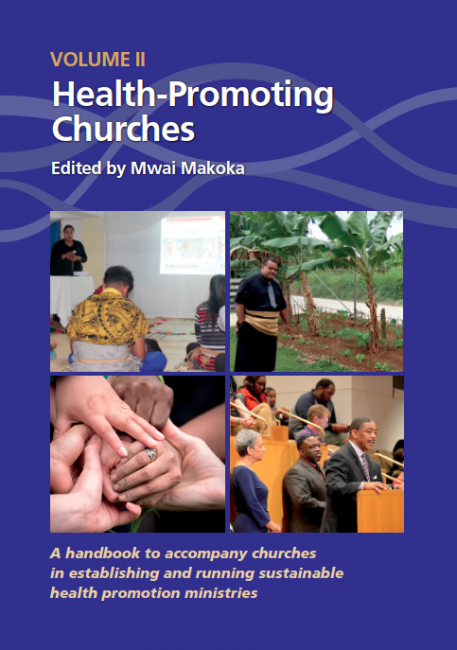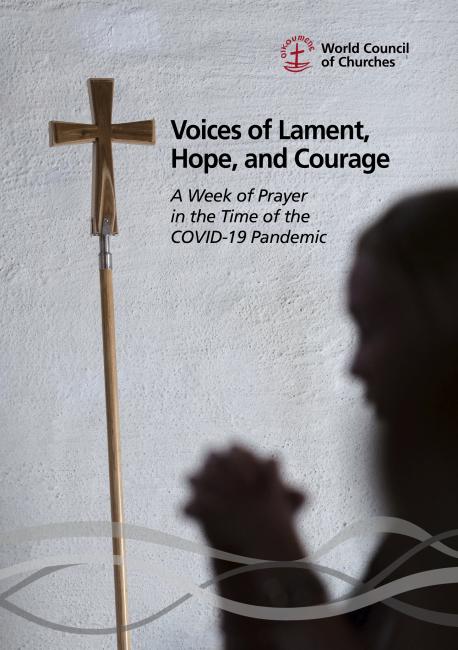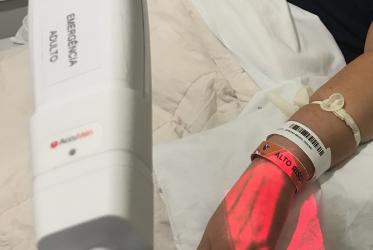Displaying 41 - 60 of 67
Walk the Talk
A Toolkit to Accompany the "Roadmap for Congregations, Communities and Churches for an Economy of Life and Ecological Justice"
31 August 2021
Iglesias Promotoras de la Salud
Reflexiones sobre salud y sanación para las iglesias en conmemoración de los días mundiales de la salud
30 June 2021
El CMI responde a sus preguntas sobre las vacunas
28 April 2021
Health-Promoting Churches Volume II:
A handbook to accompany churches in establishing and running sustainable health promotion ministries
28 April 2021
WCC answers your questions about vaccines
26 April 2021
Voces de lamento, esperanza y aliento
Semana de oración en tiempos de la pandemia de COVID-19
22 April 2021
Voices of Lament, Hope, and Courage
A Week of Prayer in the Time of the COVID-19 Pandemic
18 March 2021




